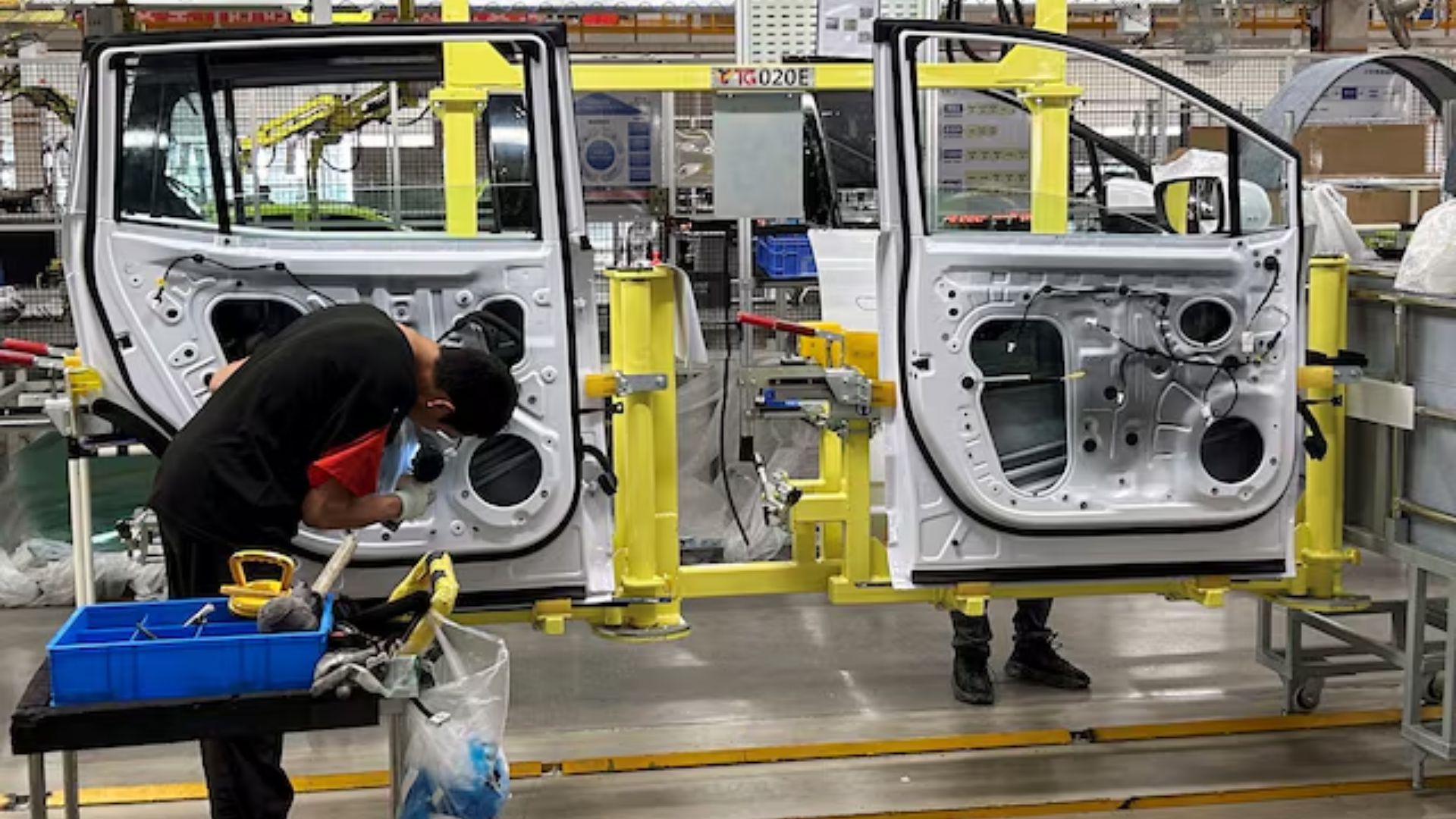BRUSSELS, (Reuters) – EU tariffs on electric vehicles built in China breach global trading rules and must be corrected, an industry body representing 12 Chinese automakers told the European Commission in a hearing this week.
The China Chamber of Commerce for Import and Export of Machinery and Electronic Products (CCCME) presented its view at a hearing on Thursday that the EU’s preliminary assessment is incompatible with EU and World Trade Organization rules.
“We are very concerned. We urge the Commission to correct these unlawful findings and terminate the investigation (into Chinese EV subsidies),” CCCME vice president Shi Yonghong told a briefing of reporters on Friday.
The European Union imposed provisional tariffs, of between 17.4% and 37.6% earlier in July on EVs made in China, including Chinese brands BYD, Geely and SAIC as well as models built in China by Western manufacturers such as Tesla and BMW.
Shi said domestic producers had a stable share of the EU market and so there was no sign of imminent injury, EU industry losses were not caused by imports, and the investigation lacked transparency and was beset with procedural anomalies.
The Commission, which oversees EU trade policy and will continue its investigation until the end of October, says it is not trying to shut out Chinese EVs, but that measures are required to ensure a level playing field.
“Our investigation is fully in line with all relevant EU and WTO rules,” a spokesperson said.
Shi said Chinese automakers wanted Brussels and Beijing to negotiate a balanced solution, although there remained a large gap between the average EU provisional duty of 20.8% and China’s push for no measures.
“To reach middle ground, we’re talking about somewhere between zero and 20%,” he said.
Shi described the average tariff as “unreasonable and inflated” and said that separate EU investigations into the impact of foreign subsidies in the EU market risked deterring Chinese car and battery makers from investing in Europe.
“I think this is of great interest to (EU) member states because many member states are expecting investment from China,” he said.
EU members will get a final say on duties at the end of the investigation. In a non-binding vote this week, they exposed divided views on the merits of tariffs.
Reporting by Philip Blenkinsop Editing by Mark Potter











